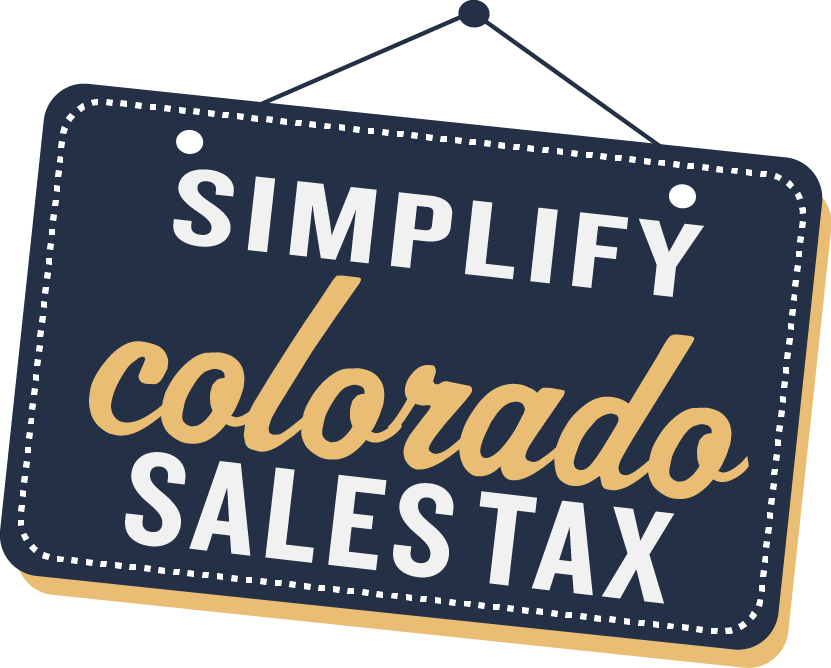Centre Manager of Land Rover Flatirons, based in Superior, Colorado
As the centre manager for Land Rover Flatirons in Superior, Colorado, Ed Dobbs is no stranger to the confusing sales- and use-tax requirements facing automobile dealers in Colorado. He and his staff spend countless hours ensuring compliance with the various sales tax rules imposed by Colorado and local municipalities.
But in 2011, he was hit with a time-consuming audit from the Colorado Department of Revenue (DOR). Despite significant efforts to argue the dealership’s legal basis for its practices with the auditor, he was served with a final determination letter that the dealership owed over $600,000. The assessment was primarily for vehicles in the dealer’s inventory that the dealer, as required by the manufacturer, made available free of charge to warranty service customers. The dealership had handled these vehicles the same way for many years, and staff always double-checked with the DOR that its practice was still correct. And because the vehicles were eventually sold and sales tax collected on the sale price, Dobbs never imagined that the DOR could assert that the dealership would owe additional sales tax on the full value of the vehicles.
Due to the extremely large dollar assessment, Dobbs hired Denver-based attorney Bruce Fowler of Fairfield and Woods, P.C. Fowler’s legal opinion was that Dobbs’ practices were correct and that the law was clearly on his side. But despite that good news, appeal barriers in Colorado tax law limited the dealership’s options.
In order to appeal to an impartial district court – outside of the state’s administrative process – Dobbs would have had to pay the full $600,000+ assessment, or secure a bond for twice that amount. Colleagues faced with similar situations advised that a bond company will typically charge 50 percent of the amount due for a bond, so that option is no better than paying the full assessment. Faced with a significant assessment, and absent this prepayment requirement, Dobbs would have gladly appealed his case to a district court.
After months of waiting and attempts to argue the dealership’s position through the administrative process, the DOR offered to settle for $30,000. This offer was very shocking considering the original assessment was over $600,000. With professional legal advice that the dealership’s legal position was extremely strong and an offer from the DOR so much lower than the assessment, Dobbs was initially inclined to continue fighting this. Why should the dealership have to pay anything on an issue that was clearly in its favor?
Dobbs also heard through his professional network that other DOR audits of dealerships happening concurrently, and even after his own experience, never resulted in the same type of assessment that Land Rover Flatirons faced for inventory made free of charge to warranty service customers.
Ultimately, Dobbs felt like his hands were tied and that the only choice was to a settle. The process had already cost the dealership over 150 hours of time on the part of key managers and himself, plus over $15,000 in legal fees just in the administrative process. Fowler advised Dobbs that an appeal to district court could cost more than the settlement offer now on the table in legal fees alone. In addition, if the dealership were even able to obtain a $600,000 loan, it would have additional costs, interest charges, and impact the dealer’s cash-flow and available credit for other needs. Further, he had one key staff person who was physically sick over the entire situation and the potential liability—feeling very personally responsible.
In the end, after convincing the DOR to slightly lower its initial settlement offer to $20,000, Ed settled. However, it still felt very unfair and wrong. The DOR never addressed or resolved the fundamental issue. No one ever looked at whether the assessment was actually correct or not. Dobbs never was able to obtain a clear ruling on the correct application of the law in question. Dobbs said, “I just felt that I should have been able to have my day in court. Isn’t that supposed to be my right as a taxpayer?”
Dobbs’ story illustrates the problem of confusing sales tax rules followed by audits in which the DOR seems to hold all the power. His story shows that businesses face frustrating, significant barriers to doing business in Colorado. Further, even when they are in the right, they may have no practical way to vindicate that right.
Click here to read more Real Stories.

